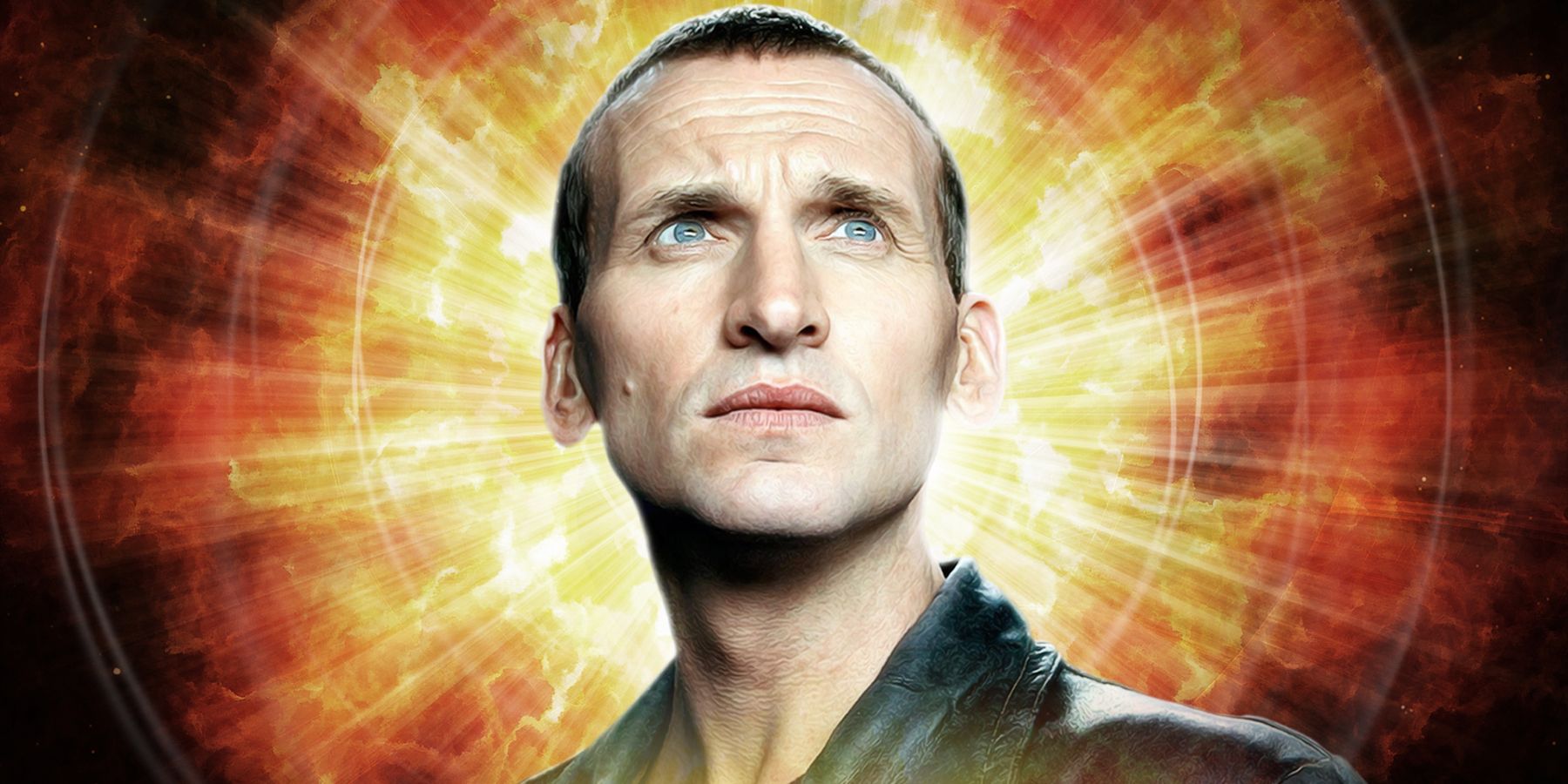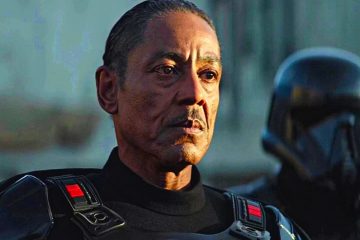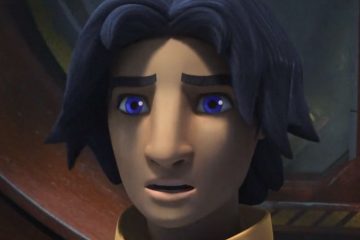After 16 years, Doctor Who returned to television in 2005, helmed by producer Russell T Davies for a new round of stories about the centuries-old Time Lord and his TARDIS. In fact, there have been as many actors playing the Doctor in the revival series as those who played him during the first 26 years of the series’ existence, counting John Hurt’s War Doctor and Jo Martin’s Fugitive Doctor. However, perhaps the most important actor to play the Doctor was the Ninth incarnation, Christopher Eccleston. He left the series after a single season, and in doing so he may have helped save it. There are few television series that survive cancelation and return stronger than it was before. Only another nearly 60-year-old science fiction franchise, Star Trek, has ever really pulled it off. Of course, the good crews of Starfleet did so over multiple different shows.Doctor Who has enjoyed its share of spinoffs, but the main show is still going strong. Through its first run, Doctor Who was a cheaply made kids’ show full of rubber monsters and almost silly visual effects. Since its return in 2005, the budgets and quality of the series have continued to improve. Of course, losing a lead actor during the first season of any show is usually a deathblow. Luckily, Doctor Who had built-in the concept of regeneration allowing the series to continually recast the titular hero. Setting aside Christopher Eccleston’s reasons for leaving, his departure may have actually helped the series find its new identity while teaching the new fans that change is the only constant they can expect.The original plan to replace him was supposed to have happened in the first appearance of the Celestial Toymaker, whose cosmic powers would change the Doctor’s appearance. This was scrapped in favor of “renewal.” Producer John Wiles and story editor Gerry Davis came up with the idea the Time Lord could change his body after being mortally injured. Each successive Doctor improved the series ratings, right through Tom Baker’s Fourth Doctor. He left after seven seasons, with his three successors not lasting nearly as long. Along with changing time slots and more competition, the Doctor signed off for good in 1989.
After 16 years, Doctor Who returned to television in 2005, helmed by producer Russell T Davies for a new round of stories about the centuries-old Time Lord and his TARDIS. In fact, there have been as many actors playing the Doctor in the revival series as those who played him during the first 26 years of the series’ existence, counting John Hurt’s War Doctor and Jo Martin’s Fugitive Doctor. However, perhaps the most important actor to play the Doctor was the Ninth incarnation, Christopher Eccleston. He left the series after a single season, and in doing so he may have helped save it. There are few television series that survive cancelation and return stronger than it was before. Only another nearly 60-year-old science fiction franchise, Star Trek, has ever really pulled it off. Of course, the good crews of Starfleet did so over multiple different shows.
Doctor Who has enjoyed its share of spinoffs, but the main show is still going strong. Through its first run, Doctor Who was a cheaply made kids’ show full of rubber monsters and almost silly visual effects. Since its return in 2005, the budgets and quality of the series have continued to improve. Of course, losing a lead actor during the first season of any show is usually a deathblow. Luckily, Doctor Who had built-in the concept of regeneration allowing the series to continually recast the titular hero. Setting aside Christopher Eccleston’s reasons for leaving, his departure may have actually helped the series find its new identity while teaching the new fans that change is the only constant they can expect.
The original plan to replace him was supposed to have happened in the first appearance of the Celestial Toymaker, whose cosmic powers would change the Doctor’s appearance. This was scrapped in favor of “renewal.” Producer John Wiles and story editor Gerry Davis came up with the idea the Time Lord could change his body after being mortally injured. Each successive Doctor improved the series ratings, right through Tom Baker’s Fourth Doctor. He left after seven seasons, with his three successors not lasting nearly as long. Along with changing time slots and more competition, the Doctor signed off for good in 1989.
#Ninth #Doctor #Saved #Doctor #Leaving
Note:- (Not all news on the site expresses the point of view of the site, but we transmit this news automatically and translate it through programmatic technology on the site and not from a human editor. The content is auto-generated from a syndicated feed.))



